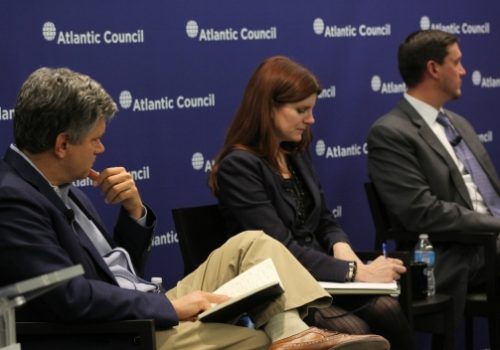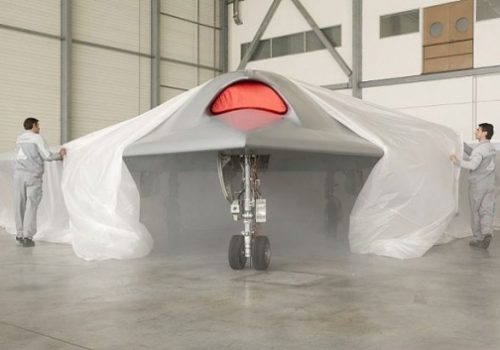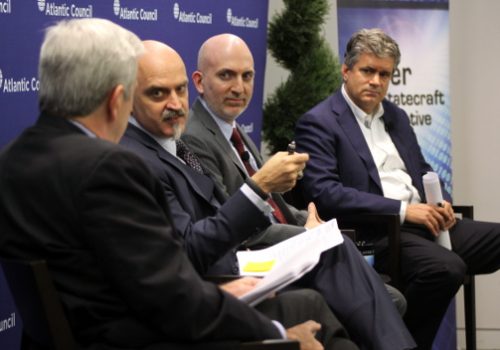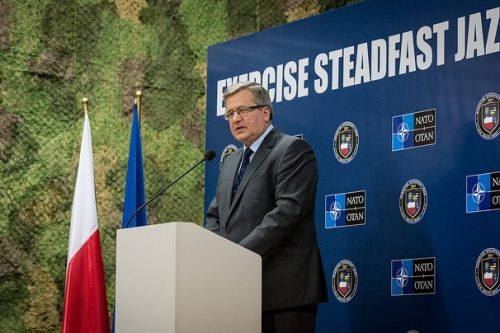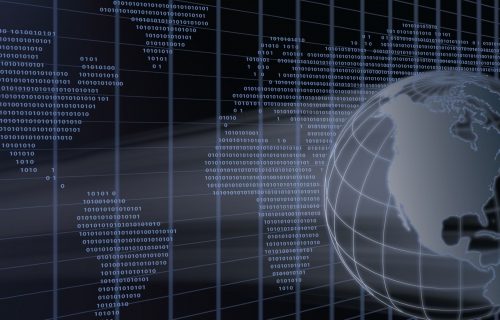
Issue Brief
Mar 21, 2025
To win the AI race, the US needs an all-of-the-above energy strategy
By
Joseph Webster
To ensure US AI leadership, the United States must harness all forms of energy, allow a level playing field, and remove red tape constraining the buildout of critical enablers, especially transmission lines and grid enhancing technologies.

MENASource
Feb 26, 2025
How the Houthis’ strikes on US MQ-9 Reaper drones serve a wider regional agenda
By
Leonardo Jacopo Maria Mazzucco
The United States needs to adjust its drone deployment strategy to ensure that MQ-9 Reapers are less vulnerable to the militant group’s attacks.

New Atlanticist
Feb 18, 2025
What’s missing from the AI debate? Patience.
By
Trey Herr
The AI sector is evolving quickly, fueled by a self-reinforcing cycle of investment, commentary, and ambition. In this race for compute, patience is important to sorting out sustainable innovation from speculative excess.

The Atlantic Council Technology Programs comprises five existing efforts—the Digital Forensic Research Lab (DFRLab), the GeoTech Center, the Cyber Statecraft Initiative, the Democracy + Tech Initiative, and the Capacity Building Initiative. These operations work together to address the geopolitical implications of technology and provide policymakers and global stakeholders necessary research, insights, and convenings to address challenges around global technology and ensure its responsible advancement.


